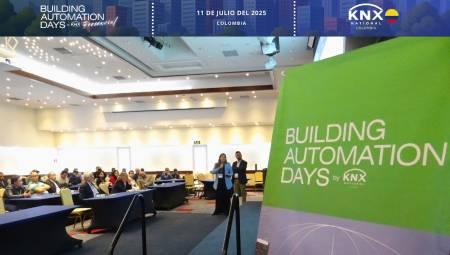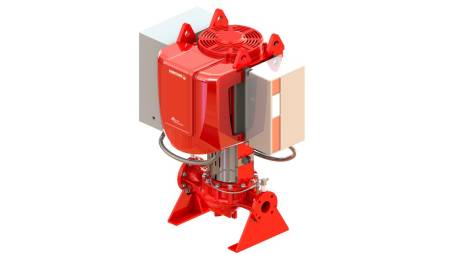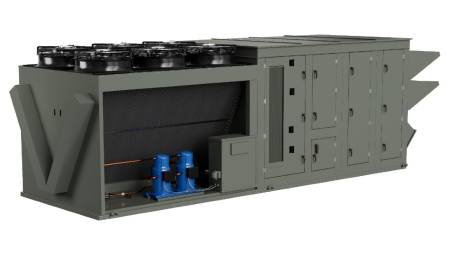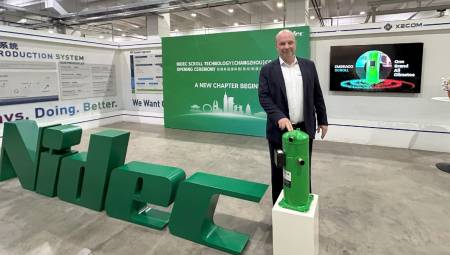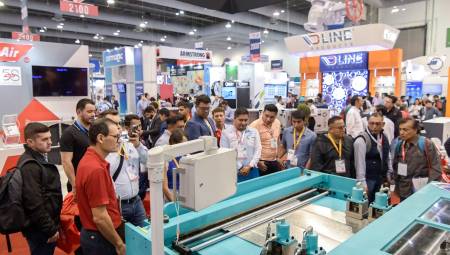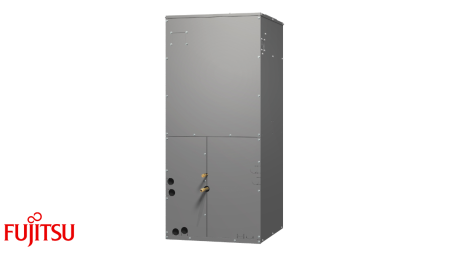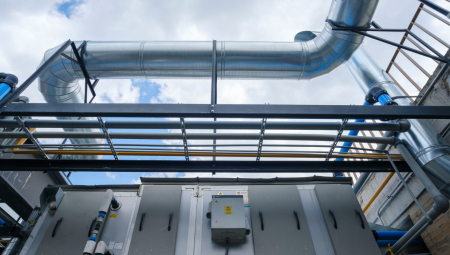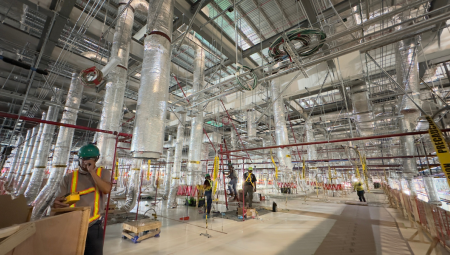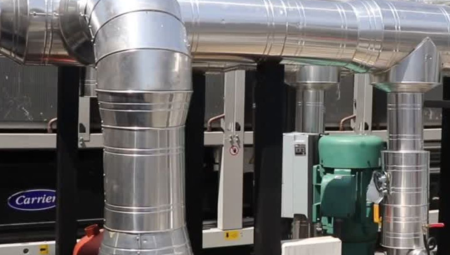Do you think small variations in temperature and precipitation levels don't have a big impact? An extended period of wet weather drove the spread of the bubonic plague in the Middle Ages, according to a new study. And a 300-year streak of unpredictable weather coincided with the decline of the Roman Empire.
Climate change is not necessarily the cause of these and other major historical events, the researchers say. But the study, which brings together the year-over-year history of temperature and precipitation in western Europe, dating back 2,500 years, offers the most detailed picture yet of how climate and society have been intertwined for millennia.
"We need to have a better understanding about the ancient climate system and its variability to understand the modern situation," said Ulf Büntgen, a paleoclimatologist at the Swiss Federal Research Institute in Zurich. It doesn't offer any predictions. But it helps us take it as something to consider."
Büntgen and colleagues collaborated with archaeologists to amass a database of more than 9,000 pieces of wood dating back 2,500 years. The samples came from living trees and remains of buildings and other wooden artifacts, all from France and Germany. By measuring the width of the wood's annual growth rings, the researchers were able to determine temperature and precipitation levels on a year-over-year basis.
Time and again, the data suggest that climate has dramatically impacted culture. Unusually extreme and frequent changes in weather patterns between the year 250 and 550, for example, coincided with a period of exceptional turmoil in Europe's political and economic situations.
As weather patterns stabilized again between the year 700 and 1000, on the contrary, societies began to thrive and grow in the countryside of northwestern Europe. Around the same time, Nordic colonies emerged in Iceland and Greenland.
Climate also seems to have played a role in the Epidemic of the Black Death, in which about half of Central Europe's population died by 1347. For decades prior to the appearance, the new study found that wetter summers and a major cold snap correspond to the onset of a Little Ice Age. These conditions may have contributed to widespread famine and poor overall health, predisposing people to catch the plague.
Another particularly cold period in the 17th century corresponded to the Thirty Years' War, a time when many people left Europe and emigrated to the United States.
"It's not that there was a war, because it was cold," Büntgen said. "But the conditions were not helpful. Society was already greatly affected by this political turmoil, and there was additional suffering from the cold summer temperatures."
Taken together, the results offer precise new and extraordinary lines of evidence for understanding the history of human societies, said David Stahle, a geoscientist at the University of Arkansas, Fayetteville.
Correlations prove nothing, he added, and plenty of droughts, cold snaps and other weather events are not associated with any major cultural events at all. However, the results help show how climate has acted as one of the many factors that have altered people's lives.
"It is not to say that these activities on extreme and prolonged weather could have affected the trajectory of social evolution."
Authors: Val


